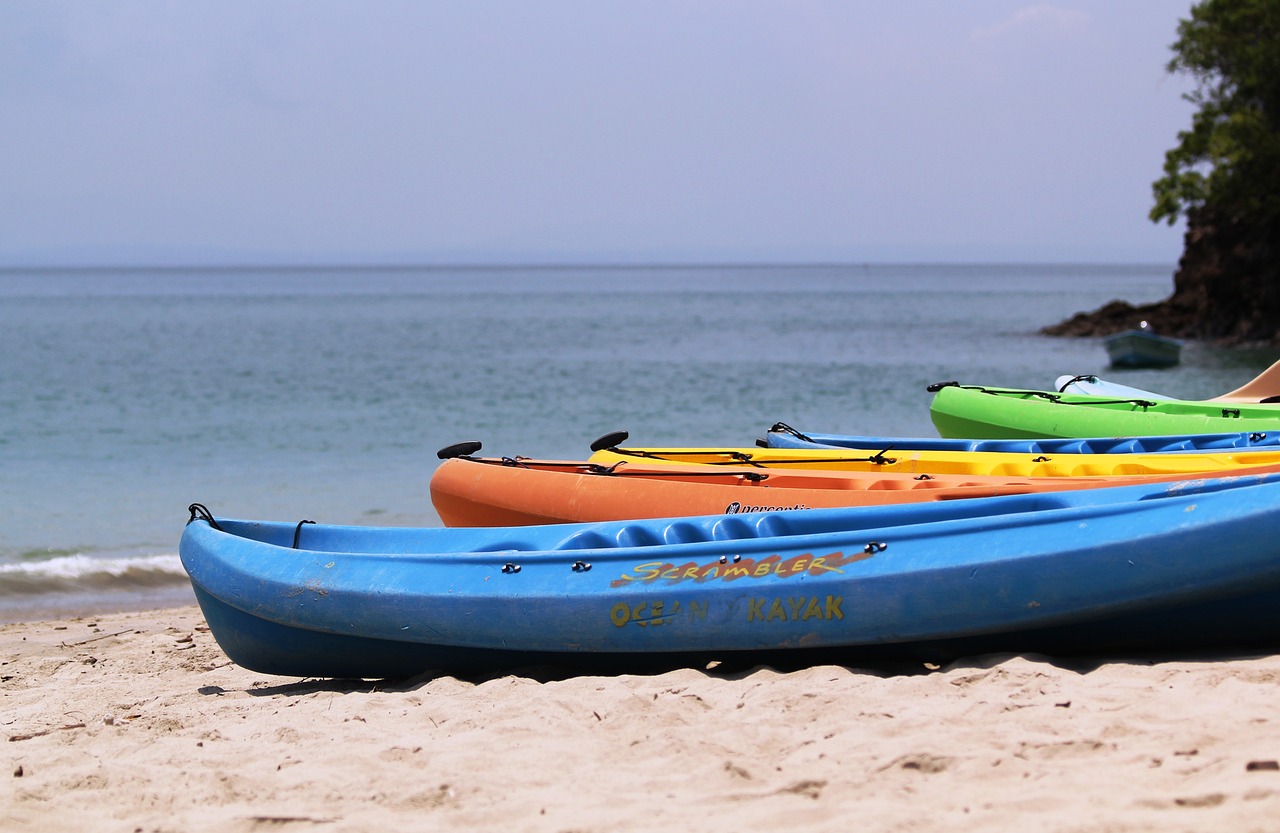Costa Rica Video
Learning Costa Rica Language: Quick Tips and Resources
Costa Rica, a beautiful country in Central America, is known for its stunning beaches, lush rainforests, and vibrant culture. If you’re planning to visit or live in Costa Rica, learning the local language can greatly enhance your experience. Spanish is the official language of Costa Rica, and being able to communicate in Spanish will open doors to connect with the locals, navigate your way around, and fully immerse yourself in the Costa Rican way of life. In this article, we’ll provide you with quick tips and resources to help you learn the Costa Rica language effectively.
Section 1: Immerse Yourself in the Language
To truly learn a language, immersion is key. Here are some tips to immerse yourself in the Costa Rica language:
- Language Exchange: Find a language exchange partner who speaks Spanish fluently and wants to learn your native language. This way, you can practice speaking Spanish while helping them with their language skills.
- Watch Costa Rican Movies: Watch movies and TV shows from Costa Rica to expose yourself to the language and culture. This will help you pick up on colloquial expressions and improve your listening skills.
- Listen to Costa Rican Music: Tune in to Costa Rican radio stations or listen to popular Costa Rican music to familiarize yourself with the language and rhythm. Singing along can also help improve your pronunciation.
- Immerse Yourself in Local Activities: Participate in local activities such as festivals, cooking classes, or dance lessons. Engaging with the Costa Rican community will give you ample opportunities to practice your Spanish skills.
Section 2: Take Language Classes
Formal language classes can provide a structured approach to learning the Costa Rica language. Consider the following options:
- Language Schools: Enroll in a language school in Costa Rica that offers Spanish immersion programs. These schools often provide intensive courses with experienced teachers.
- Online Courses: Take advantage of online language learning platforms that offer Costa Rican Spanish courses. These platforms usually provide interactive lessons, exercises, and opportunities to practice with native speakers.
- Private Tutors: Hire a private tutor who specializes in teaching Costa Rican Spanish. This personalized approach allows you to focus on your specific language needs and progress at your own pace.
Section 3: Practice with Native Speakers
Practicing with native speakers is crucial for developing your speaking and listening skills. Here are some ways to practice with Costa Rican Spanish speakers:
- Language Exchanges: Attend language exchange events or join online language exchange platforms where you can connect with native Costa Rican Spanish speakers.
- Language Meetup Groups: Join local language meetup groups or create your own. These groups often organize language exchange activities and provide opportunities to practice speaking Spanish.
- Online Language Communities: Join online forums, social media groups, or language learning apps where you can interact with Costa Rican Spanish speakers and receive feedback on your language skills.
Costa Rica Image 1:

Section 4: Utilize Language Learning Apps
Language learning apps have become increasingly popular due to their convenience and accessibility. Consider using the following apps to learn Costa Rican Spanish:
- Duolingo: Duolingo offers interactive lessons and exercises to help you learn Spanish. The app focuses on vocabulary, grammar, and listening comprehension.
- Memrise: Memrise uses spaced repetition and mnemonic techniques to help you memorize vocabulary and phrases. The app also offers video clips of native speakers.
- FluentU: FluentU provides authentic Spanish content, such as videos, commercials, and interviews, with interactive subtitles and quizzes to improve your listening and comprehension skills.
Section 5: Immerse Yourself in Costa Rican Culture
Understanding the culture of Costa Rica can greatly enhance your language learning experience. Here’s how you can immerse yourself in Costa Rican culture:
- Read Costa Rican Literature: Explore Costa Rican literature, both classic and contemporary, to gain insights into the country’s history, traditions, and way of life.
- Follow Costa Rican Blogs: Find and follow Costa Rican blogs or social media accounts that share insights into the local culture, food, and lifestyle.
- Visit Cultural Sites: Explore museums, art galleries, and historical sites in Costa Rica to learn about the country’s rich cultural heritage.
Section 6: Costa Rica Image 2:

Section 7: Practice Everyday Conversations
Practicing everyday conversations is essential for building your fluency. Here are some topics and phrases to practice:
- Greetings and Introductions: Practice greeting people, introducing yourself, and engaging in small talk.
- Ordering Food: Learn how to order food at restaurants, ask for recommendations, and understand the menu.
- Asking for Directions: Practice asking for directions, understanding instructions, and navigating through the city.
- Shopping: Learn vocabulary related to shopping, bargaining, and asking for prices.
Section 8: Join Language Immersion Programs
Consider joining language immersion programs in Costa Rica to accelerate your language learning journey. These programs typically include:
- Homestays: Stay with a local Costa Rican family, where you can practice Spanish in a real-life setting and experience the local culture firsthand.
- Cultural Activities: Participate in cultural activities organized by the language immersion program, such as cooking classes, dance lessons, and guided tours.
- Excursions: Take part in excursions to explore different regions of Costa Rica while practicing your language skills with fellow participants and local guides.
Section 9: Costa Rica Image 3:

Section 10: Use Online Language Resources
There are numerous online resources available to help you learn Costa Rican Spanish. Here are some recommended websites:
- WordReference: WordReference is an online dictionary that provides translations, definitions, and example sentences in multiple languages, including Costa Rican Spanish.
- Radios de Costa Rica: Listen to live radio stations from Costa Rica to improve your listening skills and familiarize yourself with the local accent.
- SpanishDict: SpanishDict offers a comprehensive Spanish learning platform with grammar explanations, vocabulary exercises, and a community forum.
Section 11: Practice Regularly
Consistency is key when learning a new language. Here are some tips to help you practice regularly:
- Set Goals: Set realistic language learning goals and track your progress. Celebrate small achievements to stay motivated.
- Make it a Habit: Incorporate language learning into your daily routine. Dedicate a specific time each day for practicing Spanish.
- Use Language Learning Apps: Utilize language learning apps during your commute or downtime to make the most of your free time.
Section 12: Conclusion
Learning the Costa Rica language can greatly enhance your experience in this beautiful country. By immersing yourself in the language, taking classes, practicing with native speakers, and utilizing resources, you’ll be well on your way to becoming fluent in Costa Rican Spanish. Remember to practice regularly and enjoy the journey of learning a new language.
References
– duolingo.com
– memrise.com
– fluentu.com
– wordreference.com
– radiosdecostarica.com
– spanishdict.com


